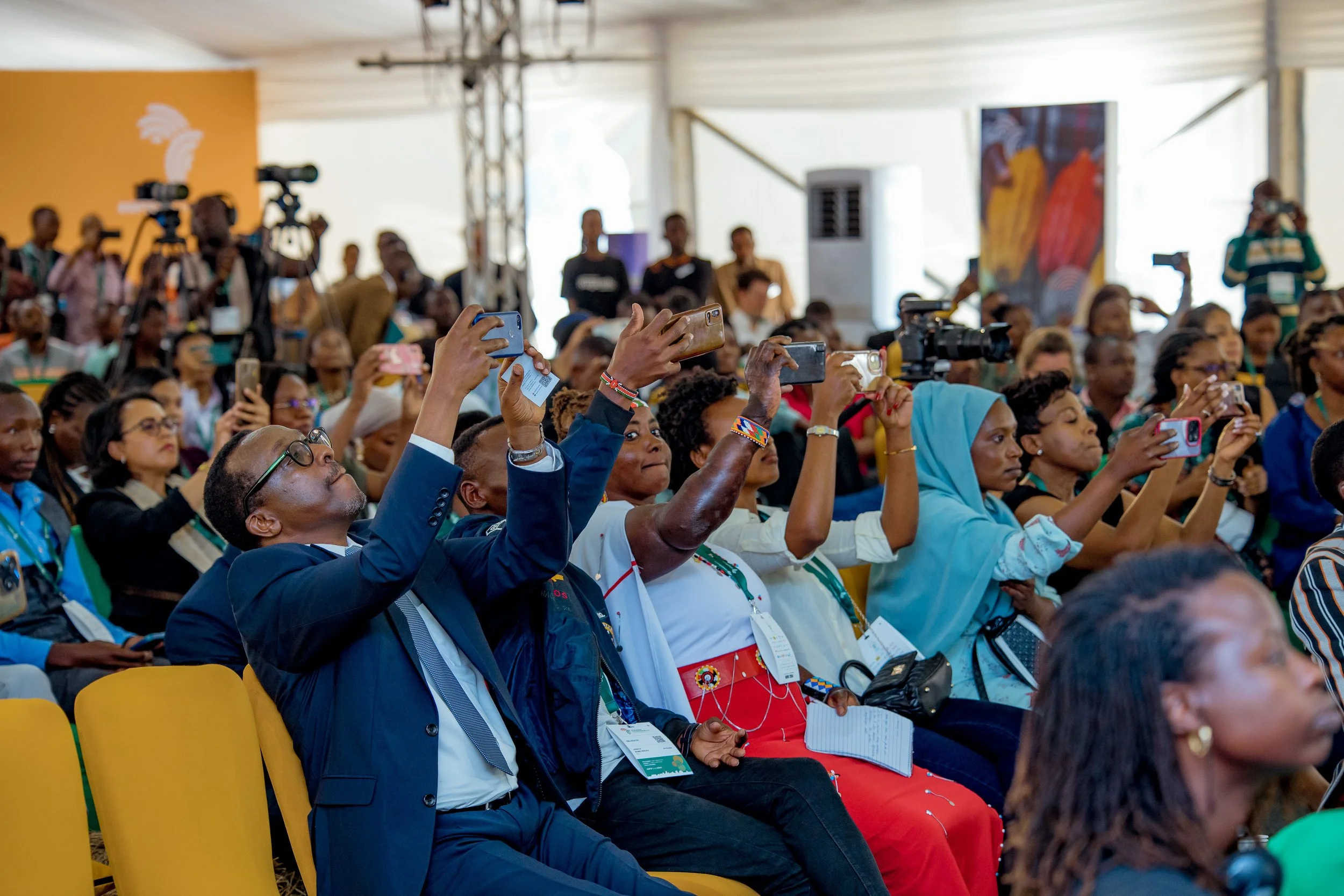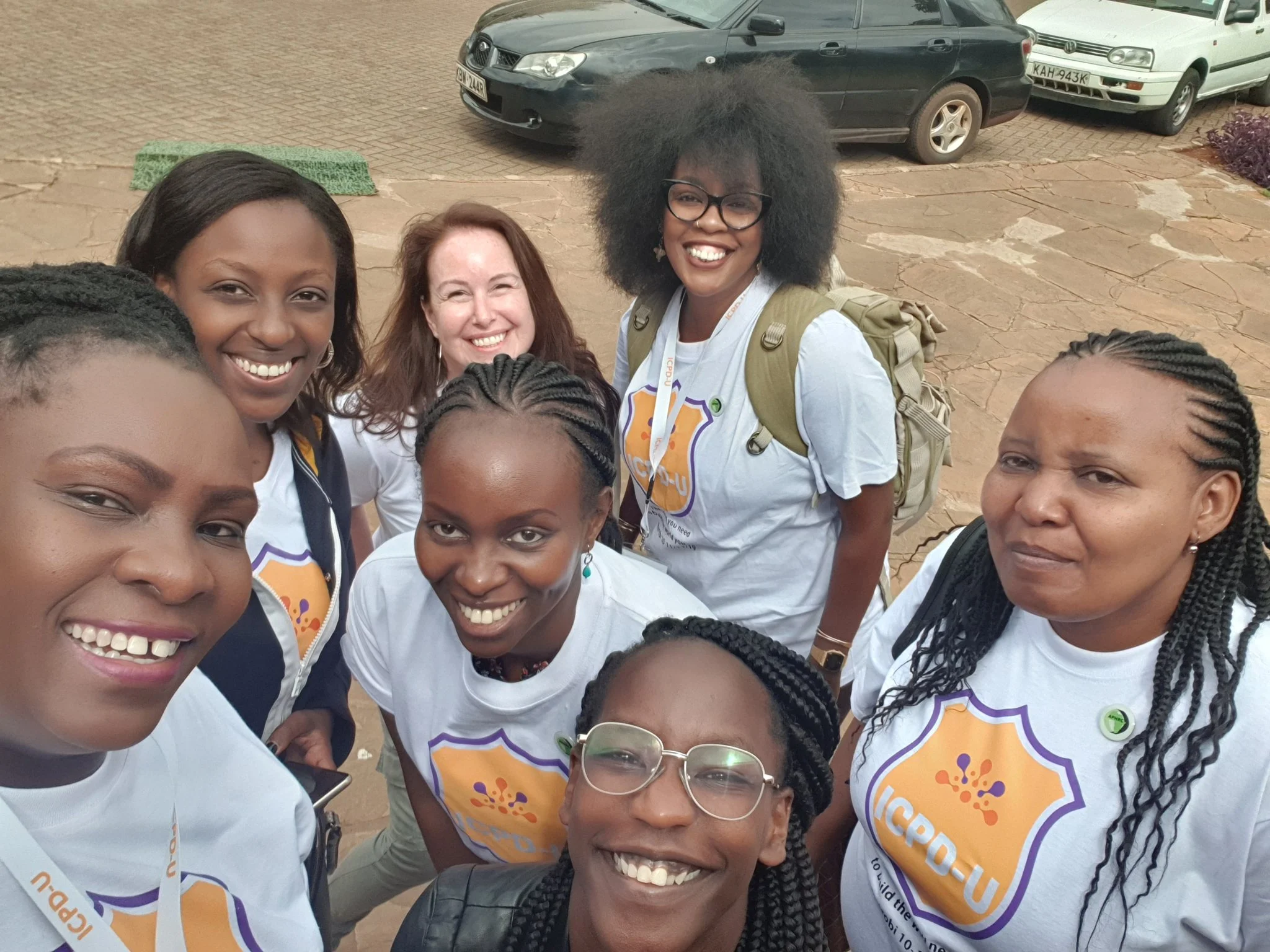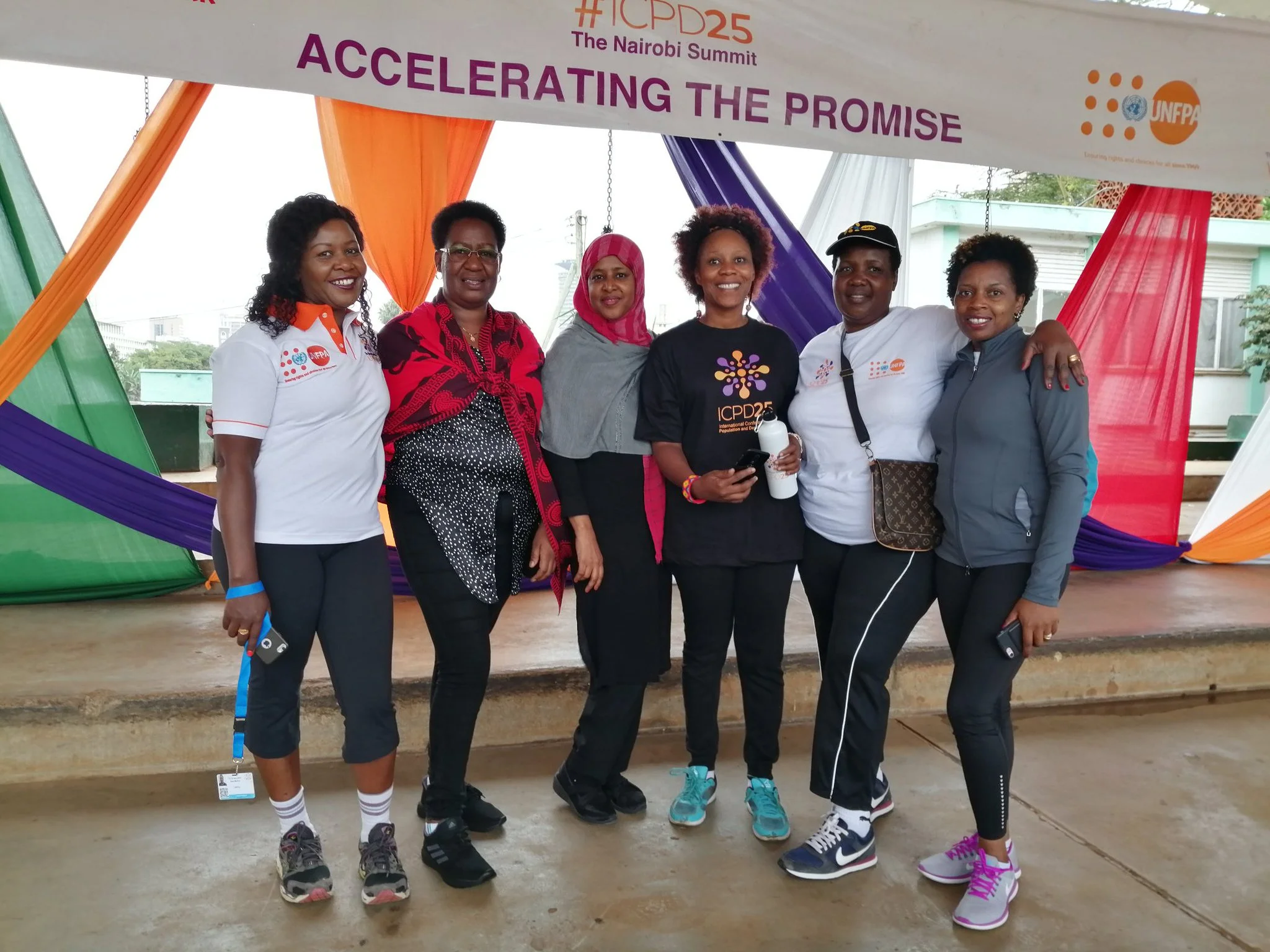The Youth Cafe commits to empower young people to demand their rights and hold national systems and services accountable. In particular, we commit to amplifying the voices of adolescents in our advocacy efforts and working to strengthen national platforms for increased and equitable adolescent engagement in developing policies and programs that impact them.
Global Consensus Statement on Youth-led Accountability | The Youth Cafe
We strongly believe that the realization of the commitments adopted in the United Nations World Programme of Action for Youth (WPAY), the Sustainable Development Goals, various treaties, conventions and protocols, and indeed, national constitutions and local legislations, will not be achieved without the meaningful engagement of adolescents and young people in accountability mechanisms. We commit through this statement, to promote and support youth-led accountability initiatives as a means of ensuring the meaningful adolescent and youth engagement required for a sustainable development that truly leaves no one behind.
ICPD25 Youth Engagement Toolkit | The Youth Cafe
Nairobi Statement on ICPD25: Accelerating the Promise | The Youth Cafe
This is the final version of the Nairobi Statement, formulated after six months of global consultations led by the International Steering Committee on ICPD25, with hundreds of organizations and thousands of people involved. The Nairobi Statement provides a global framework for the formulation of government and partner commitments. Since it is non-binding, countries and other stakeholders may choose to support the Nairobi Statement in its entirety, in part, or not at all. In no way does supporting the Nairobi Statement infringe upon national sovereignty
Youth for Migration | The Youth Cafe
There is a growing need for policy that is relevant and realistic, not just a product of one authoritative voice, but a collective of voices. Migrants, especially migrant youth, need to be a part of the process. The changes in the legal and procedural policies need to occur not just in writing, but in practice as well. To do so, we must re-evaluate the prejudice and stigma that has grown around migrant workers enduring less than average working conditions in host countries.
Bringing Global Compact for Migration to Life | The Youth Cafe
In 2015, the International Organization for Migration (IOM) developed the Migration Governance Framework (MiGOF) to help define what a well-managed migration policy might look like at the national level. That same year, IOM’s member states welcomed the MiGOF, and the Migration Governance Indicators (MGI) was developed shortly after to put the MiGOF into action.
Youth Engagement on Global Compact for Migration | The Youth Cafe
The Overseas Development Institute (ODI) outlines the importance of technology in relation to migration in their briefing. Migrants with skills in the technology & information sector contribute in significant ways to innovation and research. Migrants and diaspora groups also are important channels in transferring technology from host countries back to countries of origin, through direct knowledge, remittances sent back home, and investments in enterprise development and research institutions.
Lost in Translation | Youth in Migration | The Youth Cafe
The course of the next five years for children can carry the weight of his or her next ten years. It’s a period of life where one is flexible, impressionable, and vulnerable. Depending on the kinds of opportunities that were available in the communities they live and the kinds of values and skills that were taught as they grew up, their lives could change for the better or for worse. It’s easy to agree that in the first couple decades of one’s life, a lot of societal support, investment, and protection is required so that one may reach independence and maturity. Since the Universal Declaration of Human Rights set a standard for human rights in 1948, the Convention on the Rights of the Child in 1989 has specified what this means for children. In a nutshell, Convention rights outline that children have the right to protection, provision, and participation, summarized here:
Impact of the Global Compact on Communities | The Youth Cafe
According to UNICEF, the world population is expected to reach 8 billion by 2025. In less than a decade, the sustainability of the next billion will be a task for the current generation of youth to address. While middle-high income countries are experiencing low fertility rates, aging populations, and a declining workforce capable of supporting the growing dependency load, low-middle income countries are continuing to experience high fertility rates (though it is now just entering decline), and a significant youth population which is comparatively larger than the other age groups. Countries are opting to either maintain or raise their capacity for immigrants to address aging populations, a trend that is increasing all across the board. As this is the case, labour migration is projected to continue as a major response to these demographic trends.
A New Lens for Migration | The Youth Cafe
It appears that receiving migrants is not an easy choice for governments to make as well. There have been claims in the UK that migrants, especially non-nationals working lower-wage jobs, are draining the welfare system and costing the government millions of pounds a year. This led to the speculation that perhaps the welfare system was being exploited by EU migrants. The Daily Mail published an article in 2013 discussing the data. Experts consulted didn’t find any reason to believe that migrants are explicitly to blame. However, it did very little in changing the sentiment around migrants.











